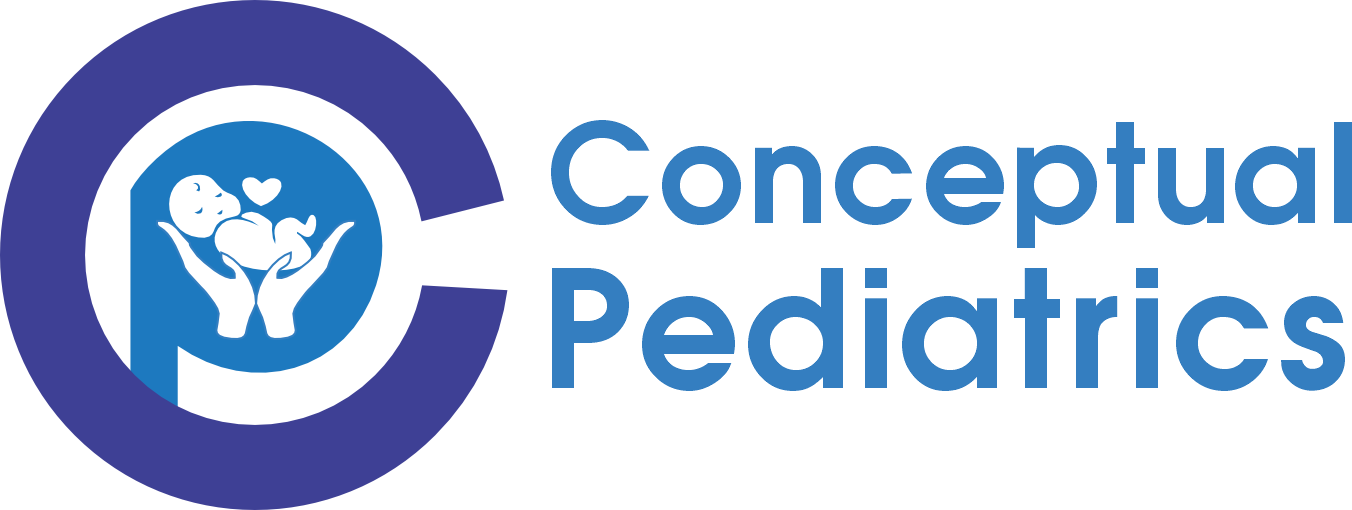Dear doctors, completing a pediatrics residency is more than just accomplishing years of rigorous training—it’s the time when all your efforts begin to form. For most pediatric residents, residency years are filled with late nights, numerous patient encounters, and ongoing education. But after the residency is finished, a huge question simply arises: What’s next?
In this blog, we’ll explore career opportunities after completing pediatric residency programs, talk about subspecialty career paths, highlight India and international opportunities, and help you to maximise the top pediatrics programs for your career.
1. Hospital and Clinical Practice Careers
The “most popular” way after finishing pediatric residency programs is becoming a part of hospitals or private clinics. You can:
- Work as a consultant pediatrician in multispecialty hospitals.
- Start your own pediatric clinic and establish long-term patient relationships.
- Join pediatric residency training programs that emphasize neonatal, adolescent, or preventive care.
This clinical path guarantees a secure income while tangibly improving child health.
2. Pediatric Subspecialties
If you’re eager to specialise further after residency, a fellowship or super-speciality program can help you carve out a focused career path in child health. Some popular subspecialties include:
- Neonatology: Care of critically ill newborns.
- Pediatric Cardiology: Treating heart defects and cardiac conditions in children.
- Pediatric Neurology: Addressing developmental and neurological disorders.
- Pediatric Endocrinology: Handling hormonal and growth-related problems.
- Pediatric Critical Care: Providing advanced care to children with life-threatening illnesses.
By completing the top pediatric residency programs and subspecialty fellowships, you can become a reputable specialist in your field.
3. Academic and Teaching Careers
Many doctors who are interested in academia become faculty members in pediatric programs in medical schools. This is an avenue through which you get to:
- Educate the future generation of pediatrics residents.
- Make contributions to medical research and publications.
- Influence the future of the healthcare of children by developing robust pediatric training programs.
4. Research Work and World Wide Opportunities
Opportunities for the paediatrician go way beyond India. Candidates from the finest pediatrics courses can seek opportunities abroad by passing licensing tests such as USMLE, PLAB, or AMC. Global exposure not only improves career development but also presents avenues for higher research and better pay.
5. Public Health and Policy
Pediatricians contribute significantly towards public health programs in areas of immunisation, nutrition, and prevention of childhood diseases. You can serve with:
- Government health agencies.
- NGOs operating in child health.
- International agencies such as the WHO or UNICEF.
This route is perfect for those who want to make a big-scale difference.
6. Entrepreneurship and Innovation
As telemedicine and digital health are on the rise, pediatricians are now developing innovative pediatric programs for online consultation, guidance to parents, and child well-being. If entrepreneurial is your nature, this is a good scope after residency.
Conclusion:
A pediatrics residency is a gateway to many possibilities—whether in clinical practice, subspecialties, teaching, research, or public health. The appropriate path depends on your interests, long-term objectives, and the optimal pediatric residency programs available to you.
For each pediatrics resident, possibilities abound for the future. Be it in working in hospitals, teaching, going overseas, or pioneering in the delivery of health care, life post-residency is just the start of a long and rewarding career.

Add a Comment